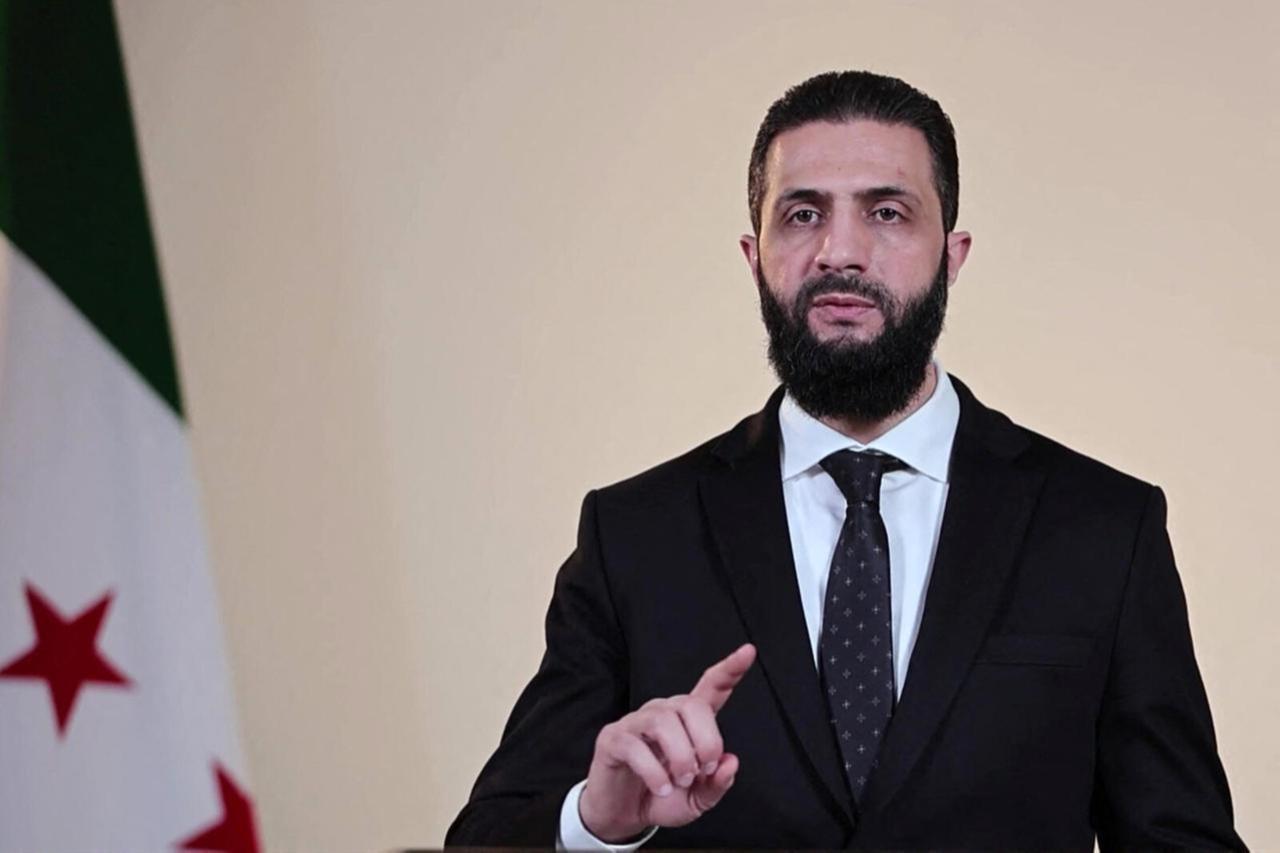
Syrian President Ahmad al-Sharaa met with a group of journalists and researchers, including myself, at the presidential palace in Damascus. Although the focus of the meeting was on relations with Israel and, for the first time in 60 years, participation in the U.N. General Assembly, Sharaa touched on many issues critical to Türkiye and the country’s fight against terrorism.
The most important point from Türkiye’s perspective was the details Sharaa shared about the negotiations with the SDF. Sharaa expressed that if the SDF continued to drag its feet on integration into Syria until December, a Turkish military operation in the region could be on the table. He recalled convincing Türkiye not to launch an operation against the SDF right after Assad's fall and to give negotiations a chance.
In Türkiye, discontent with the slow pace of the SDF’s integration into the central authority is becoming increasingly evident through high-level statements.
In early September, both Foreign Minister Hakan Fidan and President Recep Tayyip Erdogan issued strong statements on the issue. Devlet Bahceli, leader of the Nationalist Movement Party (MHP), the government’s biggest ally, also spoke afterward. In my previous column, I had noted that Bahceli’s framing of the SDF as Israel’s outpost in the region was a factor that could shift the balance.
The SDF’s perception of Türkiye’s domestic peace process with the PKK terrorist group as a weakness, and its assumption that this made a Turkish operation in northern Syria impossible, is a misguided strategy.
Let us return to our meeting with Sharaa.
Sharaa openly stated that after Assad’s fall, they convinced Türkiye not to launch a military operation against the SDF and instead to give negotiation a chance in Syria. In the meeting, he reiterated the same words he had previously told Mazloum Abdi, the SDF leader who visited Damascus in March after talks reached a certain stage.
He said he began his very first meeting with Abdi with these words: “If you came here to demand rights for the Kurds, don’t bother. Protecting those rights and ensuring Kurds are equal citizens of Syria is my core principle. I care about Kurdish rights more than you do.”
According to Sharaa, these negotiations produced the March 10 agreement, marking the first time both the United States and Türkiye supported a potential solution. However, he said certain factions within the SDF and PKK sabotaged the implementation of the agreement and slowed down the process. In this context, he welcomed Abdullah Ocalan’s call for the dissolution of the PKK but noted that, despite this call, the SDF positioned itself outside the process.
He underlined that the SDF’s status quo in northeastern Syria posed a national security threat not only to Türkiye but also to Iraq. Sharaa repeated that they had once persuaded Türkiye to refrain from a military operation against the SDF and to allow negotiations, but he hinted that if integration is not achieved by December, Türkiye could take military action.
On the matter of the SDF’s demands for decentralization, Sharaa argued that Syria was already 90% decentralized due to Law No. 107 and that these demands were, in essence, separatist.
In his words, Syrian society was not ready to debate decentralization or federal systems, and all such demands were simply separatism disguised under different terms.